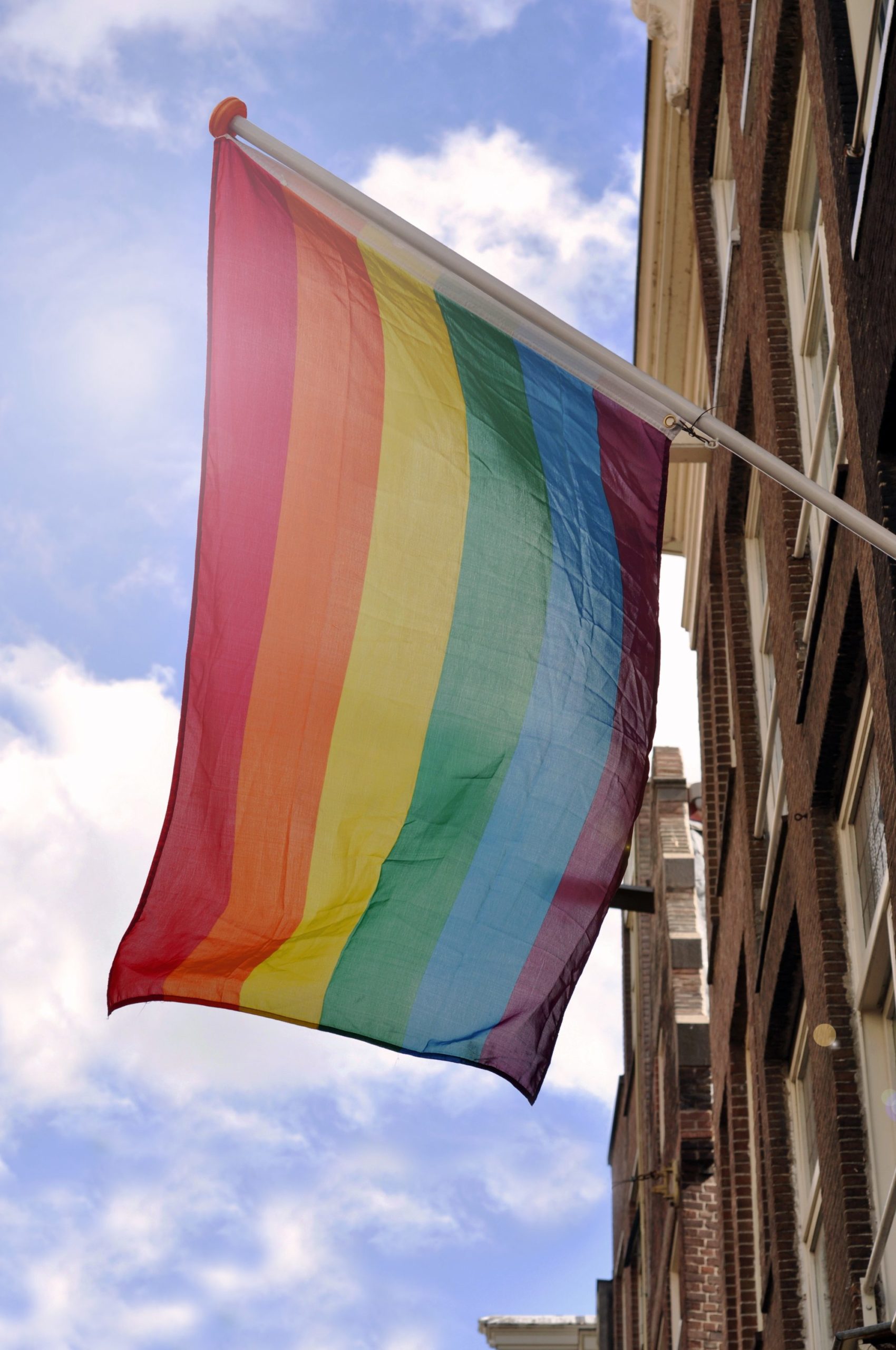Abortion rights, women of color, and LGBTQIA+ people are under attack. Pledge to join us in fighting for gender justice.
Why Women Should Care About the Janus v. AFSCME Supreme Court Case

On Monday, the Supreme Court will hear oral arguments in Janus v. AFSCME, which will determine whether public service workers like nurses, teachers, and firefighters who enjoy the benefits of union representation should pitch in their fair share to cover the cost of securing them. The powerful interests supporting the petitioner in this case seek to strike at the heart of public-sector unions, weakening their ability to obtain protections for working people—and especially hurting working women of color. The petitioner in this case, seeks to avoid paying his fair share of the cost of union representation – even though his union is legally obligated to fairly represent him.
It’s critical not to lose sight of why anti-union groups have been so intent on pushing this case and who will be hurt if the Court rules against unions. The powerful interests supporting the petitioner pose a particular threat to working women, and women of color who make up the majority of these workers.
Unions have provided a vital path to the middle class for generations of working people, including the nurses, first responders, teachers, librarians, and other public servants who perform some of our nation’s most valued work. And unions don’t just benefit the people they represent—they use their collective voice to advocate for policies that benefit the entire workforce—like equal pay for equal work, paid parental leave, and anti-discrimination protections for LGBTQ workers, which are often unavailable under state or federal laws. That’s why right-wing organizations have spent decades trying to use cases just like Janus to dismantle these hard-won gains.
Women, and disproportionately women of color, have the most to lose. Women make up a majority—56 percent—of union-represented public-sector workers, employed in jobs crucial to the health, safety and prosperity of our communities, according to the National Women’s Law Center’s analysis of census data. Women make up 56 percent of Black public-service workers represented by unions; Asians, 62 percent; Native Americans, 65 percent, and Hispanics, 50 percent.
Women public-service workers who are represented by unions make 15 percent more — $6,500 more, on average, annually — than those who are not represented by unions. That’s a larger increase than men working in the public sector receive annually from union representation. And these women receive not just higher pay, but more equitable pay: the gender wage gap for union-represented women public-service workers is 20 percent smaller than the gap experienced by their non-union-represented counterparts and by workers overall.
It’s clear what will happen if the Court prohibits these unions from collecting fair-share fees from those on whose behalf they bargain. In states that have chosen to disallow fair-share fees, so-called “right to work” states, wages are on average 3.1 percent lower—for everyone, not just unionized workers—than wages in non-“right-to-work” states. And women, who gain so much from pay transparency and fair representation provided by unions, are hit the hardest. Wages in these “right-to-work” states were 4.4 percent lower for women than in non-“right-to-work” states, a steeper drop than the 1.7 percent lower wages for men.
Martin Luther King Jr. recognized the close relationship between economic rights and civil rights, stating in 1961: “In our glorious fight for civil rights, we must guard against being fooled by false slogans, such as ‘right to work.’ It is a law to rob us of our civil rights and job rights. Its purpose is to destroy labor unions and the freedom of collective bargaining by which unions have improved wages and working conditions of everyone…” As Dr. King knew, the “right-to-work” movement has historical roots in opposition to integration and fear of whites and Blacks joining together on equal footing through union representation. When unions are weakened, working people lose, and those who are most vulnerable to exploitation and discrimination lose the most.
The Court should reject this political attack on public service workers and their unions–champions of security, equality, and dignity for working people.
The National Women’s Law Center submitted an amicus brief in support of AFSCME.






